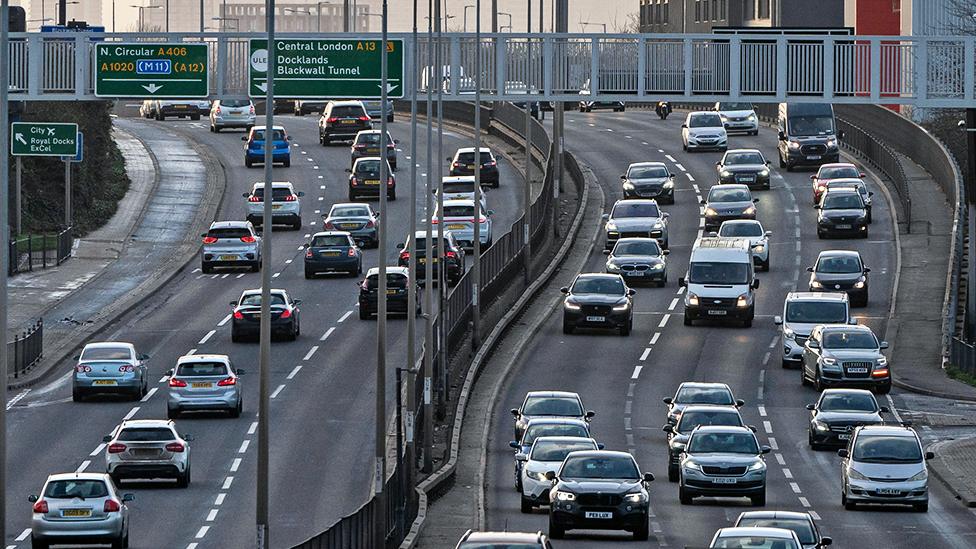ULEZ: I want to be on right side of history - Sadiq Khan
- Published
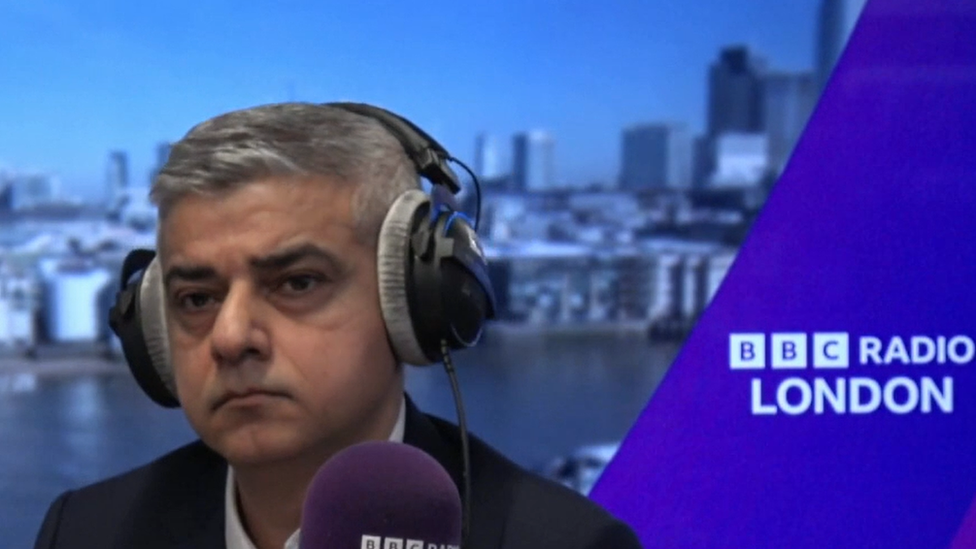
Sadiq Khan says he has announced the biggest expansion of buses "in the history of our city" to help with the ULEZ expansion
Mayor of London Sadiq Khan says he wants to be "on the right side of history" when it comes to implementing the capital's Ultra Low Emission Zone.
Responding to Londoner's questions on BBC Radio London, Mr Khan was probed on the impact of the clean-air policy.
He defended his position, saying there is "a silent majority who support" it.
He also spoke about Jeremy Corbyn not being a Labour candidate at the next election and wishing he had "responded differently" to anti-Semitism concerns.
The overwhelming number of questions put to the mayor by listeners were in relation to his planned expansion of ULEZ across all of London from August, particularly how people living on the outskirts of the capital will be able to travel given the poorer transport links in those areas.
ULEZ aims to cut pollution levels across London by charging drivers of vehicles that do not meet minimum emissions standards within the zone £12.50 a day.
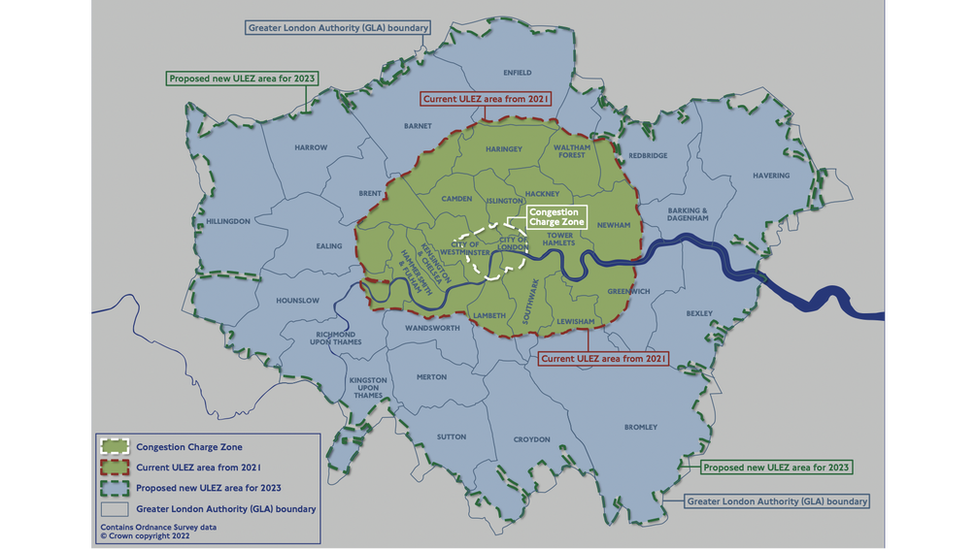
Poor public transport links in the outer London boroughs have been cited as a cause for concern by some councils
The mayor told the BBC: "We have introduced the biggest scrappage scheme , externalin the history of this country that will support low income families, charities, sole traders and businesses transition from a polluting vehicle to one that is less polluting.
"I recognise that in outer London, public transport is less good than in central London, so I have also announced the biggest expansion of buses in the history of our city."
One million kilometres (621,000 miles) will be added to the bus network by this August, with a further million kilometres being added next year, Mr Khan has said.
'People who deny science'
Eleven out of 19 outer London councils have expressed concerns over the ULEZ expansion, with many asking the mayor to delay or improve the scrappage scheme to support people during the cost-of-living crisis.
Four Conservative councils have refused to sign an agreement allowing cameras to be installed, and have launched the first step of a legal action.
Aimed at improving air quality, the ULEZ is set to be extended to include outer London from 29 August.
Research from the mayor's office shows about 200,000 high-polluting vehicles are driven regularly in the capital and it asserts that roughly 4,000 Londoners die prematurely each year due to toxic air.
When questioned about where this evidence has come from, the mayor said: "We should not be giving air time to people who deny science."
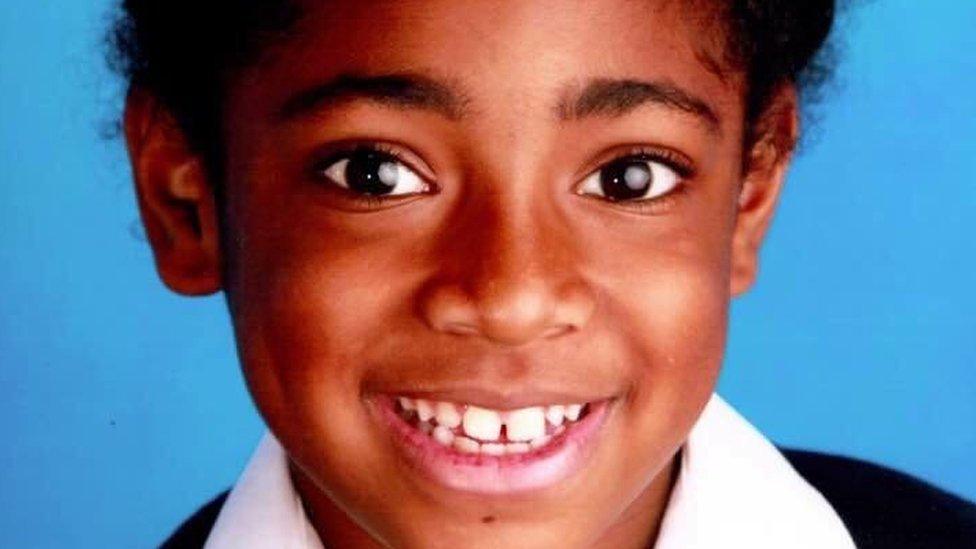
Ella Adoo-Kissi-Debrah was the first person in the UK to have air pollution listed as a factor into her cause of death at an inquest
Some councils dispute the evidence, with Bexley, Bromley, Harrow and Hillingdon telling the mayor that their boroughs "enjoy good air quality" with levels of harmful gases "considerably below the levels in inner and central London".
When asked about the feasibility of an increase in the scrappage scheme, as proposed by London's Liberal Democrat councils, Mr Khan said "we simply aren't able to make the additional savings for a simple reason".
"The government hasn't given us a single penny, but the government has given Bath, Bristol and Birmingham money.
"What the Lib Dems should be doing is rather than working with the Tories opposing the expansions, work with me and lobby the Tories to give us the money we deserve."
The Lib Dem-led councils of Richmond and Kingston have requested the mayor delays the implementation of ULEZ.
During the one hour Q&A session, the mayor also touched on how to tackle misogyny against women, the housing crisis and how confident he was in the new Met Police commissioner.

Follow BBC London on Facebook, external, Twitter , externaland Instagram, external. Send your story ideas to hellobbclondon@bbc.co.uk, external
- Published13 February 2023
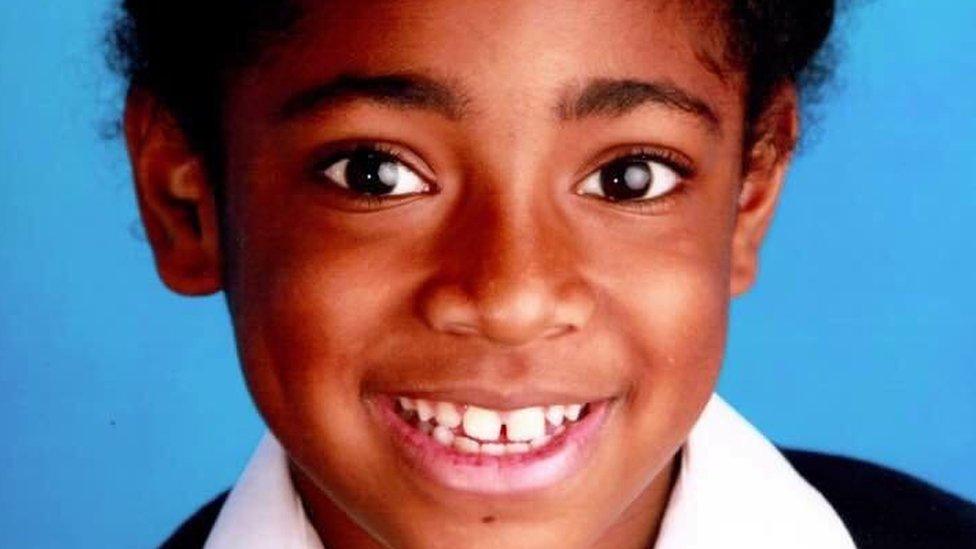
- Published10 February 2023
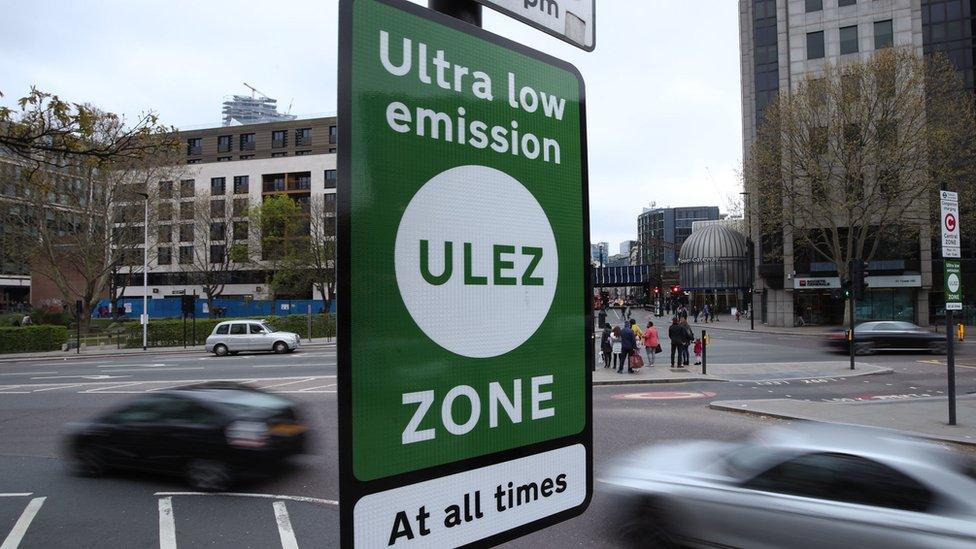
- Published9 February 2023
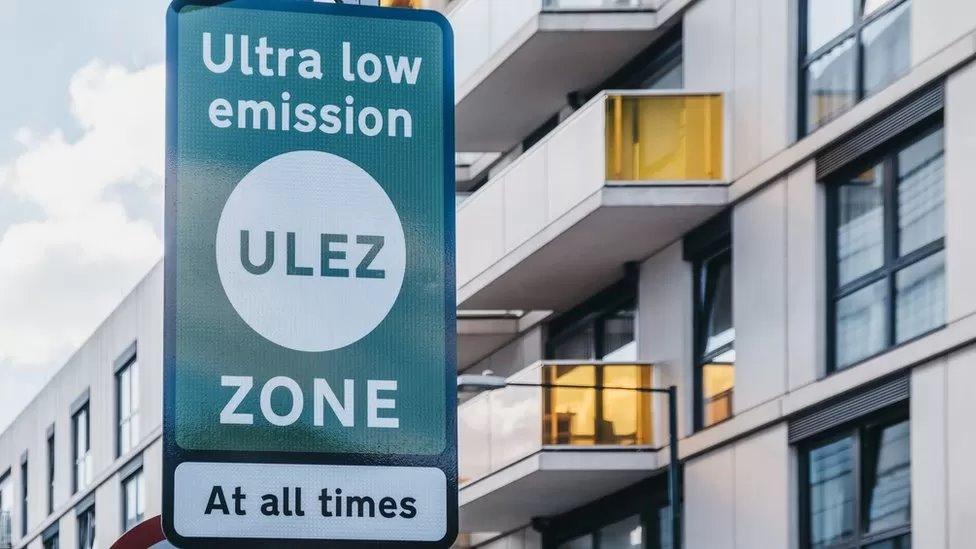
- Published2 February 2023
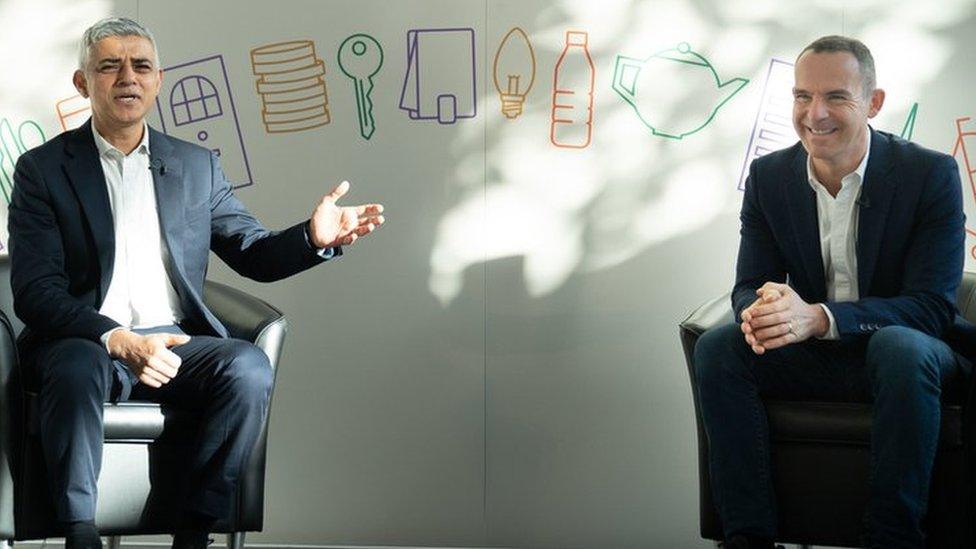
- Published30 January 2023
